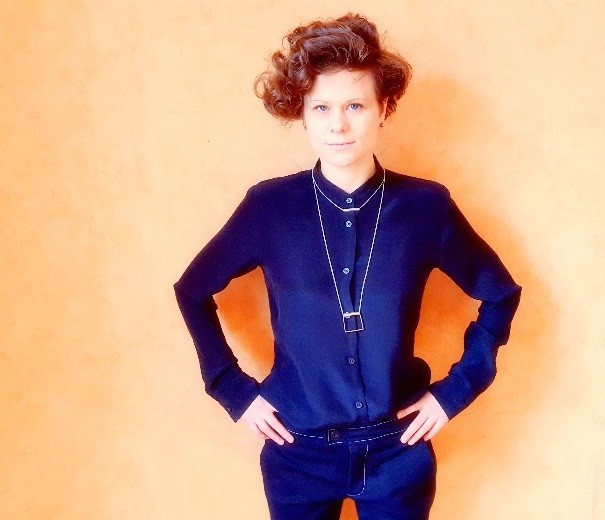Tatiana Podladchikova
Assistant Professor
Skolkovo Institute of Science and Technology,
3 Nobel Street, Skolkovo, 143026,
Russian Federation
Birth Place, Country:
USSR
Academic Details:
• PhD in Applied Mathematics, 2009, Kiev Polytechnic Institute
• Master degree in Applied Mathematics, 2005, Kiev Polytechnic Institute
Career overview:
• Since 2016: Assistant Professor, Skolkovo Institute of Science and Technology, Russia
• 2016: Senior Research Scientist, Skolkovo Institute of Science and Technology, Russia
• 2013 – 2015: Research Scientist, Skolkovo Institute of Science and Technology, Russia
• 2012: Research Scientist, The Laboratory of Astrophysics of Marseille, CNRS, France
• 2009-2011: Visiting scientist, Royal Observatory of Belgium, Belgium
• 2009-2011: Research Scientist, Space Research Institute RAS, Moscow, Russia
Current research/ job focus:
Solar and geomagnetic activity forecasting, the study and detection of eruptive events on the Sun, coronal mass ejections, coronal holes and fast solar wind streams.
Area of expertise:
Solar-terrestrial physics, space weather forecasting, as well as development of advanced data analysis techniques for the extraction of useful knowledge, control and forecasting in interdisciplinary applications.
Area of interests:
as listed above
Role in SOLARNET/PRE-EST:
Lead of the Russian SOLARNET contributions, task manager in WP8 on data homogenization and automatic flare detection.
What do you like to do when not doing science?
Tennis, I Liq Chuan
A dose of motivation:
Follow your interest and remember that any difficulties, as a result, lead to the development and new discoveries. For example, the well-known Pythagorean Theorem led to the first crisis of the foundations of mathematics. The Pythagoreans were convinced of the order and harmony of the world and believed that all its diversity can be expressed by natural numbers. But the Pythagorean theorem led to the discovery of an irrational number that broke this harmony. This led to great progress in the history of mathematics.
What motivated you to choose your field of study/ your professional field?
In my childhood, I was very inspired by one of the greatest missions in the history of space exploration, as well as the creativity and courage of a human mind. In 1977 two Voyager space probes were launched to study the outer Solar System. In case of a meeting any intelligent extraterrestrial life, both satellites carry a golden record with greetings, the music of Bach, Beethoven, Stravinsky, Chuck Berry, images of the Earth, the Sun, people, DNA structures, etc. First time in the history, the man-made spacecraft crossed the edge of the Solar System and touched something not belonging to our solar system, collided with the interstellar wind. Satellites have been voyaging the interplanetary space for more than 40 years and still transmitting data to the Earth.

